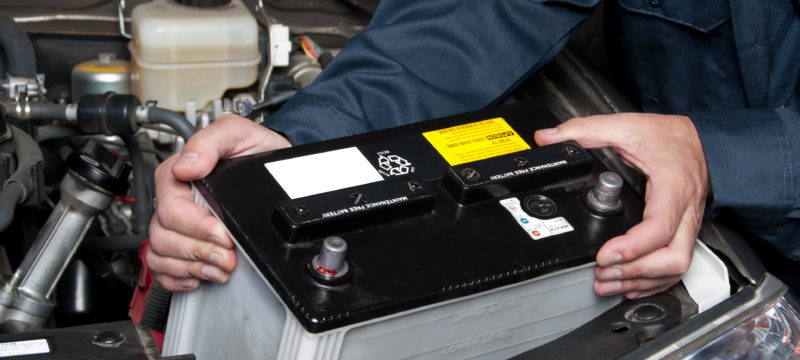While it is not necessary to learn all about car repairs and the in-depth mechanics when you own a vehicle, having the basic knowledge about it can be a very big help when navigating what to do next when something goes wrong. One particular car part that allows your car to function is your car’s battery. So what will happen if it fails? Read on to learn more about the heart of your vehicle — the battery.
How does a car battery work?
A car’s battery works by storing energy in the form of chemical energy, which is then converted into electrical energy whenever the car runs. In other words, your car’s battery’s main responsibility is to provide electricity that is needed to power all the electrical components of the vehicle. Without the battery, your car won’t run at all.
What are the different types of car batteries?
While all car batteries have the same function and purpose they do come in different types. Below are the different types of car batteries and their specific benefits:
- Deep Cycle Battery
Deep Cycle battery is a type of lead-acid battery that uses a thicker battery plate in its cell and is often found in recreational and marine vehicles. Deep cycle batteries are designed to sustain power using a lower current draw over a long period of time.
- Absorbent Glass Mat (AGM) Battery
Absorbent Glass Mat (AGM) battery is a type of car battery that supports higher electrical energy demands in modern cars. The good thing about AGM batteries is that it can charge up to 5 times faster and can last for up to 3 times more cycle life compared to other conventional batteries.
- Silver Calcium Battery
Silver Calcium battery is a type of lead-acid battery that is great to use as a replacement to flooded battery technology. Typically, silver calcium batteries don’t require any maintenance since they can last longer due to corrosion and high temperatures.
- Lithium-Ion (Li-Ion) Battery
Lithium-Ion or Li-Ion battery is a type of battery typically found in many hybrid or electric vehicles. What’s nice about the Li-Ion battery is that it can store more energy, is lightweight, and with faster charging times.
How to know if the car’s battery needs replacement?
A car’s battery will usually last for 3 up to 5 years if taken care of and maintained well. However, due to factors such as difficult terrain, harsh weather conditions, as well as driving habits, your car’s battery may experience early wear and tear; and before you knew it, your car failed you in the middle of the road. To prevent this from happening, it is important to know the signs that your car battery is nearing its end.
If you notice that the engine is cranking every time you attempt to start your vehicle, then it is time to bring your vehicle to a licensed mechanic for inspection and maintenance. Another indication that your car’s battery may be having a problem is when the battery case is swelling. This happens when the battery is subject to excessive heat. For more information on batteries or if you need your battery replaced, come see us at Pinecrest Shell.



Leave a Comment